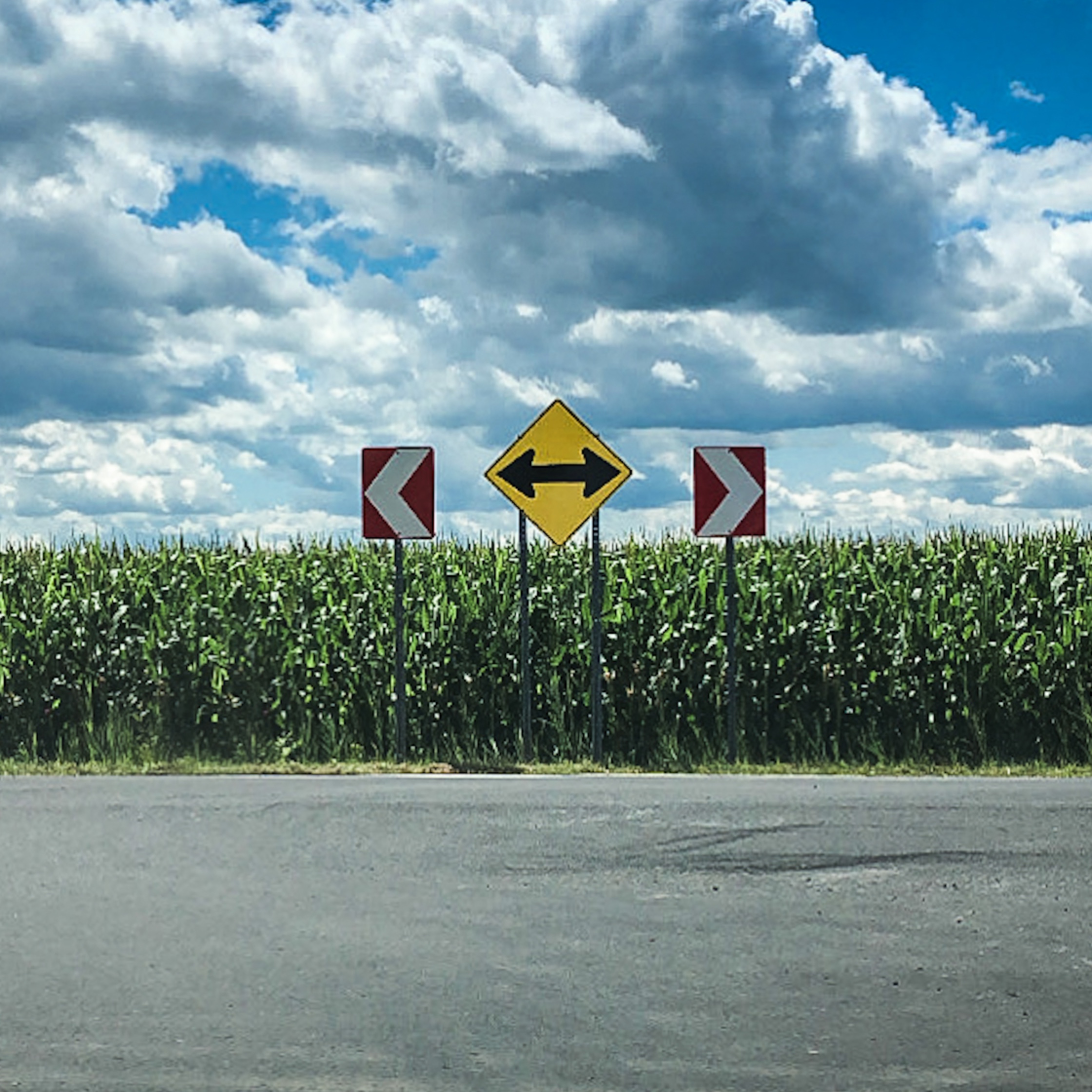Episodes

Sunday Jul 05, 2020
Sunday Jul 05, 2020
As society slowly returns to activity, there is no denying that our conversations among one another have changed. Covid-19 has awakened us and brought to light fragilities in our current system. Though we have demonstrated our ability to transform many of the ways in which we conduct business, we see more clearly the elements of society that we must work harder on. One of the most pressing issues that demands our attention is the significantly large portion of the population that is not in good health.
Remote indigenous populations are among those who suffer most from health inequality. It is imperative that we acknowledge that these populations represent the failure of our system to foster diversity and support communities far from urban centres. Indigenous people live closest to the natural environment and therefore are most impacted by the deterioration of our ecosystem and poor government polocies. Diversity is our only safeguard for the future of our planet and should we fail to recognize the urgency to reestablish the health of these remote communities, we risk failing our planet.
This weeks guest is Dr. Bernard Reid. He is a family care practitioner in North Eastern Canada. He shares his learning experience and insights into working with these unique remote communities.
In this episode we discuss:
- The Waskaganish region in Northern Quebec where Bernard practices as a doctor in family medicine.
- Waskaganish is a very rural region that poses very unique challenges to practice medicine.
- Bernard describes the diverse medical conditions that present daily in his clinic.
- Urban settings verses rural settings and how they differ in a family medical practice.
- Bernard acknowledges the challenges of being thrust into this rural setting and dealing with such a variety of medical conditions after only 2 years internship.
- We discuss the incredibly steep learning curve in the first year of a medical practice.
- Bernard’s passion for the unique challenges that come with practicing family medicine in a remote region.
- The unique challenges the region had to face with Covid-19.
- The health status of the indigenous people in the James Bay region.
- The rates of chronic diseases among indigenous people. Very high rates of obesity, diabetes, chronic kidney disease, and coronary heart disease.
- The major challenges of health inequality.
- Our imperative to respect and embrace cultural diversity as an absolute requirement to safeguard our planets future.
- The systematic destruction by Western practices to destroy the indigenous way of life.
- The root cause of many of our cultural problems is the disregard for the indigenous people through colonial practices.


Comments (0)
To leave or reply to comments, please download free Podbean or
No Comments
To leave or reply to comments,
please download free Podbean App.